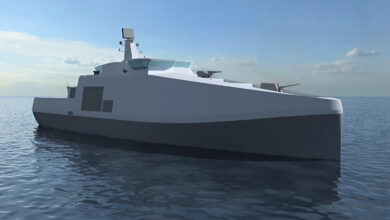The Lithuanian government has announced 250 million euros ($277 million) in soft loans for the defense industry to attract fresh investors.
The initiative will help companies that find it harder to get bank loans or EU financing, said Finance Minister Gintare Skaiste.
State-run finance company Invega will help such companies through subordinated, syndicated, or direct loans, Lithuanian National Radio and Television reported, citing the finance minister.
It covers foreign firms not established in Lithuania as well.
Difficulty Getting Loans
“At the moment, many companies in this sector are just starting up in Lithuania, which makes it even more difficult for them to find the necessary funds,” Lithuanian National Radio and Television quoted Invega’s head of business development Inga Beiliuniene as saying.
According to Beiliuniene, banks are generally reluctant to extend loans to new companies due to the attendant risk of the money being funneled into the black market or terrorism.
“This will make it easier to attract high value-added projects and world-class companies from various sectors, which will create well-paid jobs and thus strengthen the Lithuanian economy,” Lithuanian National Radio and Television quoted Economy Minister Ausrine Armonaite as saying.
The government granted a soft loan of 850 million euros ($942 million) in April to nudge the companies to invest in environment-friendly technologies, high-value-added products, and defense and security industries.
To Raise Defense Budget Over 3 Percent
In a related development, Lithuanian President Gitanas Nauseda announced on Wednesday that the country would increase its defense spending to over 3 percent of GDP from the current 3.
Nauseda made the announcement during an official visit to Poland, crediting the country as inspiration for the planned move.
Poland increased its defense budget to 4 percent of its GDP in the wake of the Ukraine war and is planning to raise it further to 5 percent next year.












